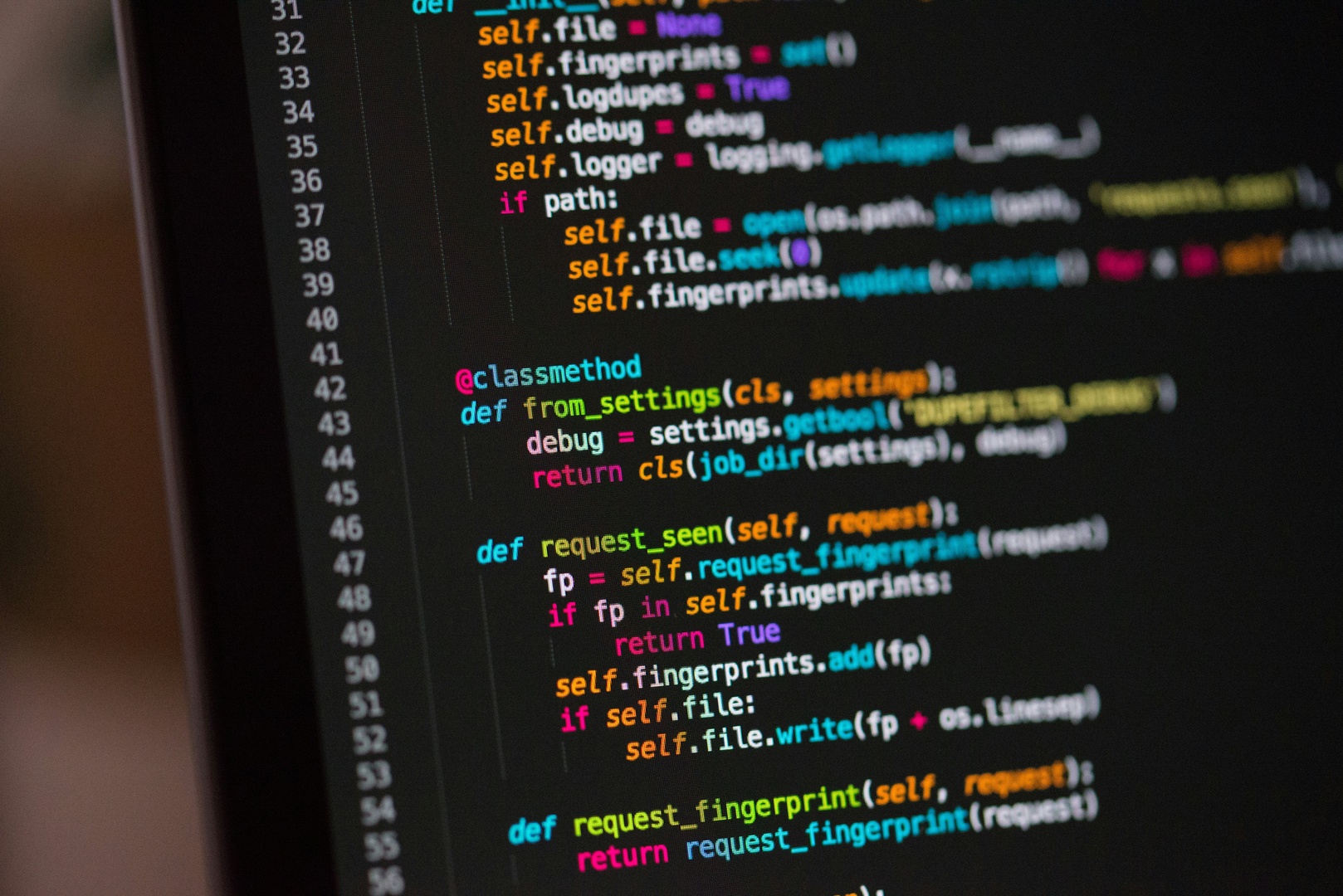Anthropic’s Claude 4 models promise unprecedented enhancements in AI coding and intelligent agent capabilities.
Anthropic’s latest models redefine the capabilities of intelligent agents and coding efficiency.
Anthropic’s Vision for Advanced AI
Anthropic has unveiled its latest Claude 4 model family, marking a significant leap for developers and businesses aiming to build next-generation AI assistants and coding tools. At the forefront are Claude Opus 4, dubbed a powerhouse, and Claude Sonnet 4, crafted to be a smart all-rounder. With bold ambitions, Anthropic emphasizes that these models are designed to “advance our customers’ AI strategies across the board.” By positioning Opus 4 as the tool to “push boundaries in coding, research, writing, and scientific discovery,” and Sonnet 4 as an “instant upgrade from Sonnet 3.7,” Anthropic is clearly signaling a transformative phase in AI capabilities.
Claude Opus 4: The New Coding Champ
When Anthropic labels Claude Opus 4 as its “most powerful model yet and the best coding model in the world,” the industry takes notice. Backed by impressive metrics, Opus 4 excels in crucial benchmarks, achieving a remarkable 72.5% on SWE-bench and 43.2% on Terminal-bench. However, its significance extends beyond rapid performance; Opus 4 is engineered for sustained efforts, capable of working “continuously for several hours.” This capability could redefine what AI agents can accomplish, addressing complex problems that demand prolonged focus and persistence.
Claude Sonnet 4: Versatile for Daily AI Tasks
In contrast to Opus 4’s heavy-duty prowess, Claude Sonnet 4 emerges as the versatile workhorse, positioned to enhance a multitude of applications. Initial reactions from early users are overwhelmingly positive. GitHub highlights that Sonnet 4 excels in agentic scenarios, indicating plans to adopt it as the foundational model for the new coding agent in GitHub Copilot. Similarly, tech commentator Manus points out improvements in complex instruction adherence, reasoning clarity, and output aesthetics. iGent reports that Sonnet 4 significantly enhances autonomous multi-feature app development, reducing navigation errors from 20% to nearly zero, a transformative change for development workflows. Sourcegraph echoes this sentiment, viewing Sonnet 4 as a “substantial leap in software development,” with increased problem comprehension and code quality.
Hybrid Modes and Developer Enhancements
One of the standout features of the Claude 4 family is its hybrid functionality. Both Opus 4 and Sonnet 4 operate in dual modes: one designed for near-instant replies and another that allows for “extended thinking for deeper reasoning.” This deeper thinking mode is available through the Pro, Max, Team, and Enterprise Claude plans. Excitingly, Sonnet 4, equipped with extended thinking, will also be accessible to free users, democratizing access to high-level AI capabilities.
Furthermore, Anthropic is enhancing its API with innovative tools aimed at empowering developers. The introduction of a **Code Execution Tool** allows models to run code interactively, fostering new problem-solving applications. The **MCP Connector** standardizes context exchange between AI assistants and software environments, while the **Files API** streamlines AI interactions with files, addressing a significant need in real-world applications. Additionally, **Prompt Caching** enables developers to cache prompts for one hour, enhancing efficiency and speed for frequently used queries.
Leading the Pack in Real-World Performance
Anthropic is keen to showcase that its Claude 4 models lead on SWE-bench Verified, a benchmark for real software engineering tasks. Beyond coding, the models are designed to excel in reasoning, multimodal capabilities, and agentic tasks. Despite these advancements, Anthropic maintains consistent pricing, with Claude Opus 4 priced at $15 per million input tokens and $75 per million output tokens, while Claude Sonnet 4 is more accessible at $3 per million input tokens and $15 per million output tokens. This pricing strategy is expected to resonate well with existing users.
Both models are now available through the Anthropic API, as well as on platforms like Amazon Bedrock and Google Cloud’s Vertex AI. This broad availability positions businesses and developers around the world to start experimenting with and integrating these new technologies, catalyzing innovation in AI-assisted tasks.
Looking Ahead: Transforming AI Interactions
Anthropic’s commitment to enhancing AI capabilities, particularly in coding and autonomous agent behavior, suggests a new era of innovation is on the horizon. The Claude 4 models, along with their developer tools, present an exciting opportunity to reshape how intelligent agents interact with users and tackle complex challenges. As AI continues to evolve, the implications for industries reliant on software development and automation are profound, indicating a future where intelligent agents are not just tools, but collaborative partners in innovation.

